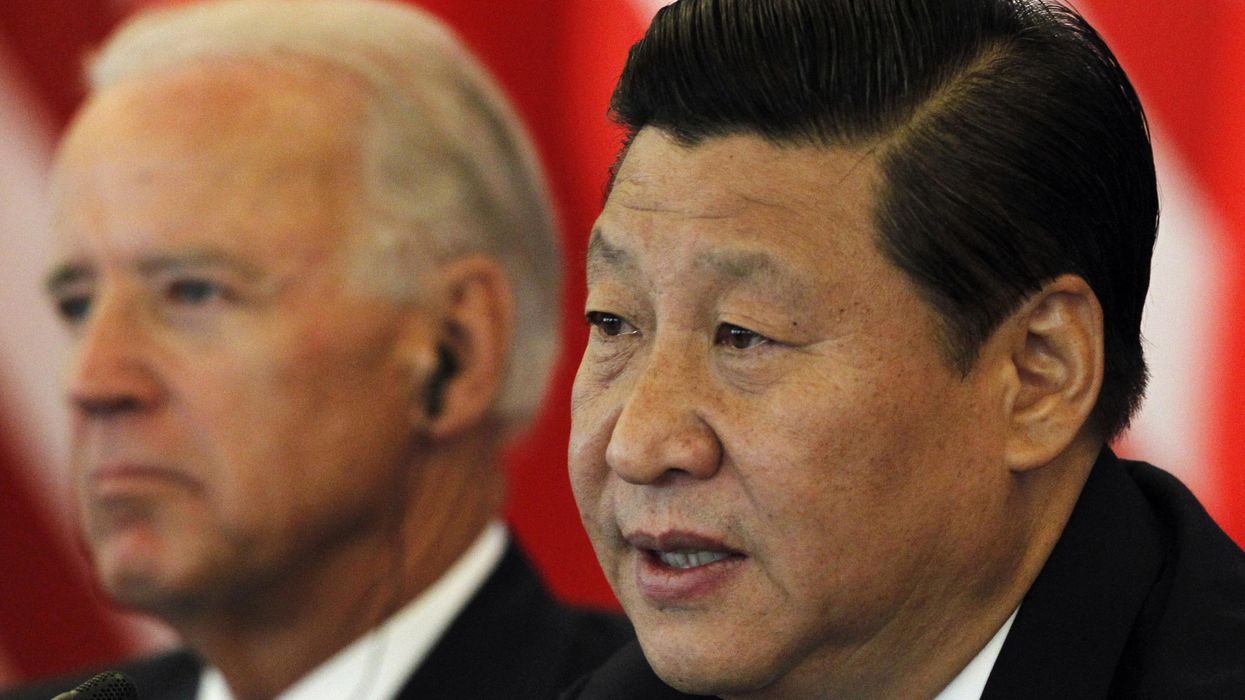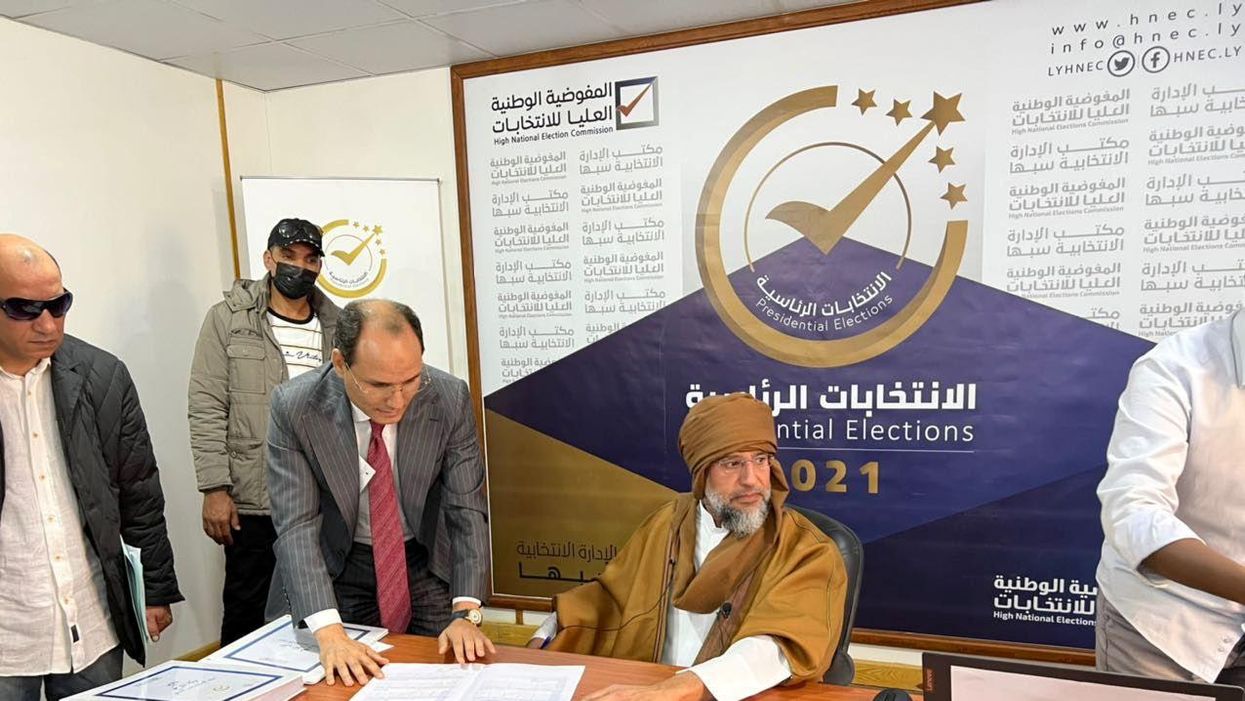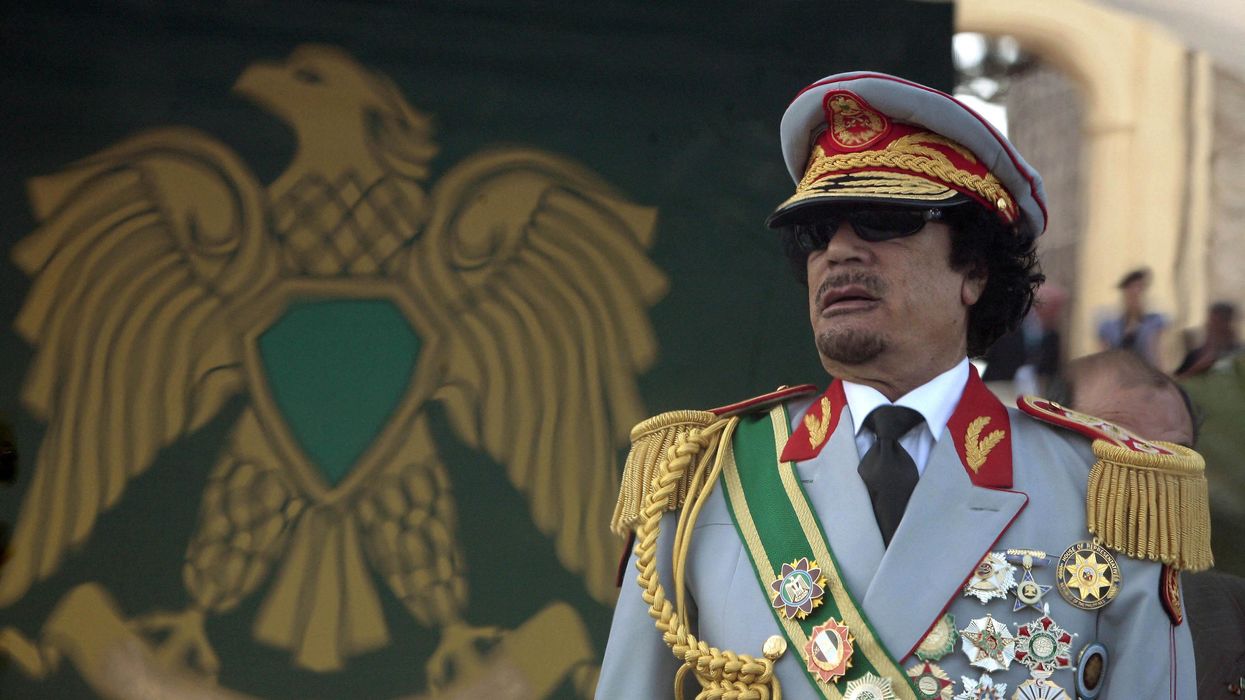popular
What We’re Watching: Biden-Xi on Zoom, Cuban protest, Duterte family drama, Qaddafi junior for prez, Steele Dossier skewered
US-China virtual summit, the streets of Cuba, Duterte telenovela in Philippine elections, Qaddafi "returns" in Libya, US media trust wars
Nov 14, 2021



